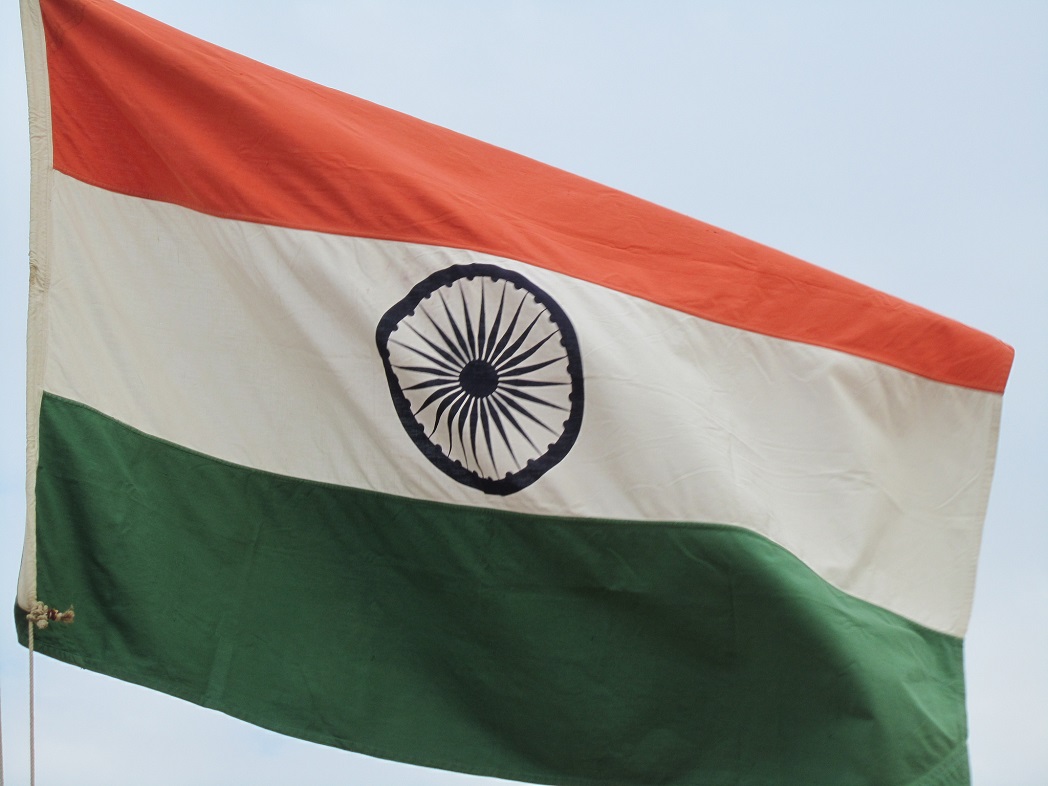With some $100 billion worth of existing and proposed thermal power plants in financial distress, and low cost but variable renewable energy capacity best able to meet the government’s ambitious generation targets, India could transform its electricity sector by introducing day-ahead energy pricing for producers and consumers.
The current pricing system in India is a largely flat tariff that provides little incentive for network or consumer efficiency through load smoothing. If India took into account different categories and types of energy demand – plus variations in supply and costs of service – it could benefit from efficiency gains driven by differential pricing at peak periods. That is the finding of a report by the Institute for Energy, Economics and Financial Analysis (IEEFA) entitled Flexing India’s Energy System – Making the case for the right price signals through day-ahead market pricing.
Tim Buckley, co-author of the report and IEEFA’s Director of Energy Finance Studies in Australasia, said the current pricing system does not incentivize the ramping up of flexible, peaking power generation capacity.
“India’s electricity generation and demand profiles have become ‘peakier’, meaning there is clearly more demand at certain times of the day, such as evening or during hot weather periods,” said Mr. Buckley. “As India’s economy grows, this will become even more apparent, putting stress on … consumers, businesses and electricity generation systems currently struggling to meet those peaks.”
The move may drive flexible power technologies
The report’s authors found India’s sub-critical coal-fired power fleet is not flexible enough to meet growing demand peaks by using a shift in generation pricing.
“Coal-fired power stations cannot be ramped up and down [quickly] enough to respond to peaks,” said co-author and IEEFA Energy Economist Vibhuti Garg. “Pricing tariffs are also not available to incentivize network efficiency and flexible peaking power generation.”
Renewable energy capacity in India reached 75 GW by September – 21% of the nation’s total installed capacity – and generated a record 11.9% of all electricity in the quarter that included September.
“India is going through a renewable energy transformation but the pricing signals are yet to catch up,” said IEEFA report co-author Anil Gupta, Director for Enerfra Services. “India needs electricity production tariffs that encourage flexible electricity generation to meet the peaks in demand. This would help ensure grid stability as the share of renewable energy continues to increase.”
As India’s reliance on renewable energy increases, IEEFA noted there will be an increased need for firming capacity – guaranteed capacity at any time – to support renewables during periods of high demand. That could be provided by technologies including pumped hydro storage; gas peaking plants; faster ramping; more flexible but lower utilization of coal-fired power plants; and battery storage. Enhanced national and international grid interconnectivity will also play a role.
Gas peaking and pumped hydro are firming options
India is already planning to double its pumped hydro storage capacity and is considering near term measures to promote gas peaking power generation, leveraging the nation’s existing 25 GW of largely stranded gas-fired power generation. Battery technology is expected to get ever cheaper as global production capacity continues to increase.
“Right now, however, a stronger price signal to incentivize fast ramping peaking power generators will help drive the roll-out of flexible power technologies that can meet India’s future peak demand,” added Mr. Buckley. “India must introduce day-ahead market pricing to help manage peak demand while providing a better deal for consumers.”
This content is protected by copyright and may not be reused. If you want to cooperate with us and would like to reuse some of our content, please contact: editors@pv-magazine.com.









By submitting this form you agree to pv magazine using your data for the purposes of publishing your comment.
Your personal data will only be disclosed or otherwise transmitted to third parties for the purposes of spam filtering or if this is necessary for technical maintenance of the website. Any other transfer to third parties will not take place unless this is justified on the basis of applicable data protection regulations or if pv magazine is legally obliged to do so.
You may revoke this consent at any time with effect for the future, in which case your personal data will be deleted immediately. Otherwise, your data will be deleted if pv magazine has processed your request or the purpose of data storage is fulfilled.
Further information on data privacy can be found in our Data Protection Policy.